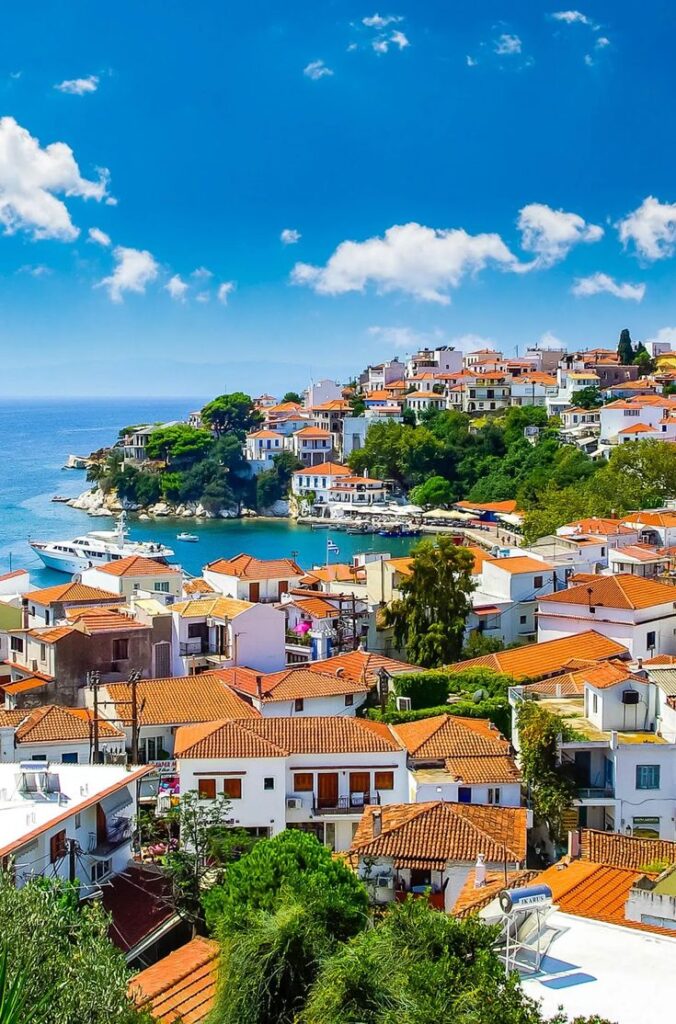15 Oldest Countries in the World-13 Will Amaze You
7. Greece (8th century BCE)
Greece, officially known as the Hellenic Republic, is a country located in southeastern Europe. It is widely regarded as one of the cradles of Western civilization and is known for its profound influence on art, philosophy, politics, and literature. Ancient Greece, particularly during the Classical period, is considered one of the most significant eras in human history. It was during this time that Greek city-states, such as Athens and Sparta, flourished and made enduring contributions to various fields. In the realm of philosophy, ancient Greece was home to renowned thinkers like Socrates, Plato, and Aristotle, whose ideas continue to shape intellectual discourse to this day. Their contributions to ethics, metaphysics, and political theory have had a lasting impact on Western philosophy. The concept of democratic governance, as practiced in ancient Athens, has served as a model for numerous societies throughout history. Greece’s historical legacy extends beyond the ancient period.

The Byzantine Empire, which emerged after the fall of the Western Roman Empire, made significant contributions to art, theology, and law. The Byzantine capital of Constantinople, modern-day Istanbul, became a center of learning and artistic expression. In the modern era, Greece has faced challenges such as foreign occupation, civil unrest, and economic instability. The Greek War of Independence in the 19th century led to the establishment of the modern Greek state and the revival of Greek national identity. Today, Greece is a member of the European Union and is known for its rich cultural heritage, stunning landscapes, and contributions to gastronomy, including the Mediterranean diet. The country’s ancient ruins, such as the Acropolis and Delphi, attract millions of visitors each year, while its islands, including Crete, Santorini, and Mykonos, offer breathtaking natural beauty and a vibrant tourism industry.